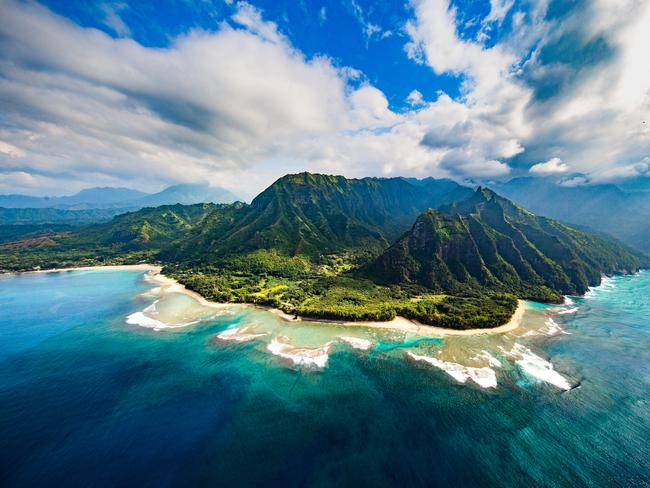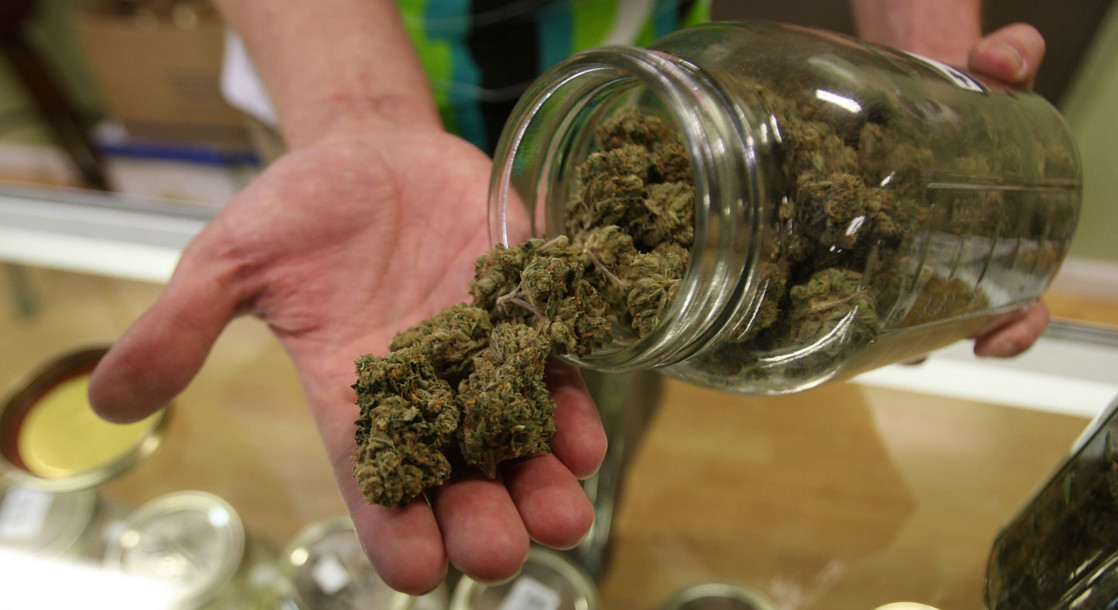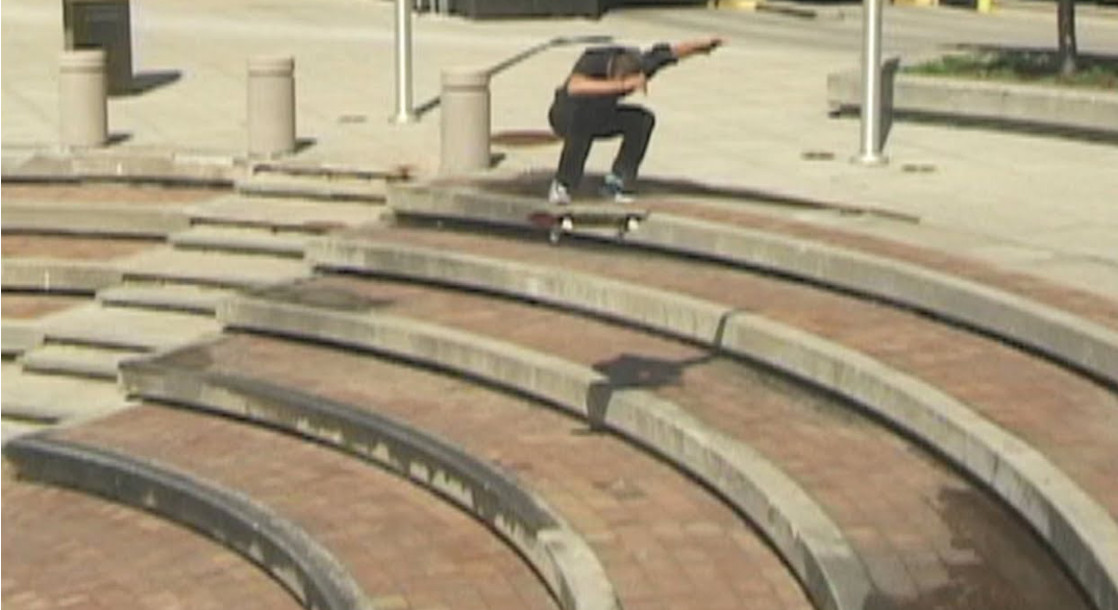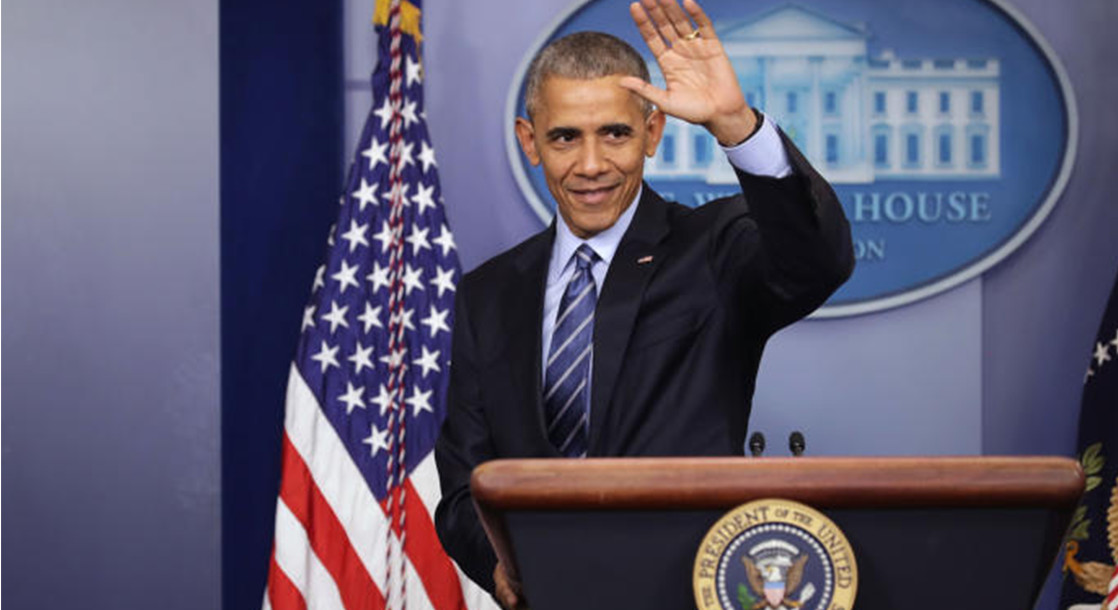Hawaii’s Senate just advanced two separate cannabis reform bills: One that would expand the state’s current decriminalization law, and another to fully legalize adult-use cannabis.
This past Tuesday, the state Senate Committee on Public Safety, Intergovernmental, and Military Affairs voted to approve two new pieces of pot reform legislation. The first of these bills, SB 758, seeks to expand the state’s existing marijuana decriminalization law, which was passed in 2019. Under the current law, anyone caught with up to three grams of weed (which isn’t even an eighth!) faces a fine of $130, instead of jail time.
Advocates have argued that this law’s extremely low weight limit is doing little to effectively stop native Hawaiians from being imprisoned for minor pot possession. The new bill would raise the decriminalization limit to one full ounce, or 28.5 grams. SB 758 would keep the $130 fine in place, but Drug Policy Forum of Hawaii (DPFH), an advocacy group that submitted testimony to the state Senate for both of these bills, is urging lawmakers to lower this fine as well.
“An increased threshold will help minimize the impact of the state’s criminal legal system upon those who possess cannabis, which is far from an inconsequential number,” said DPFH board president Nikos Leverenz to Marijuana Moment. “From 2000 to 2017 there was an average of over 1,000 cannabis possession arrests in each year in Hawaii, with Native Hawaiians composing a plurality of that number.”
SB 767, the second bill heard by the Senate panel this week, takes a much bolder approach to cannabis reform. This bill would legalize adult-use cannabis entirely, allowing adults to grow up to three pot plants apiece and establishing a taxed and regulated retail market. If passed, the bill would give the state health department four months to draft a set of regulations governing licensing, health and safety rules, advertising restrictions, and other aspects of the legal weed industry.
DPFH estimates that adult-use legalization could bring the state tens of millions in legal weed tax revenue every year. “Even a smaller state like Alaska, which has a modest adult-use cannabis sector that has been online for three years, now sees $25 million in excise tax,” the group told the Senate panel, Marijuana Moment reports. DPFH has decried the lack of social equity measures in the bill, though, and urged lawmakers to address these concerns before passing it.
The Senate panel approved the decriminalization bill with a unanimous vote and then passed the legalization bill with a 4-1 vote. Each of these bills must still be approved by other committees before they can advance to a full vote in the Senate, and if passed, must also be approved by the state House. Advocates are confident that the decriminalization bill will pass, but are less certain that the adult-use bill will make it through.
But before either bill can become law, they must be signed by Governor David Ige, who is thoroughly opposed to cannabis reform. State cops have argued against weed reform, arguing that it would increase teen pot use, and the governor is siding with them. In 2019, Ige only allowed the decriminalization bill to become law without his signature after seriously considering a veto. Hawaii is now one of only four US states with Democratic supermajorities that continues to prohibit adult-use pot.
Later this week, Hawaiian lawmakers will also discuss a new psychedelic reform bill, SB 738. This progressive bill would legalize the use of psilocybin mushrooms for therapeutic use, similar to a recent ballot measure enacted in Oregon. Hawaiian legislators also proposed a more modest bill to legalize research into psychedelic medicine last year, but the bill did not advance.











